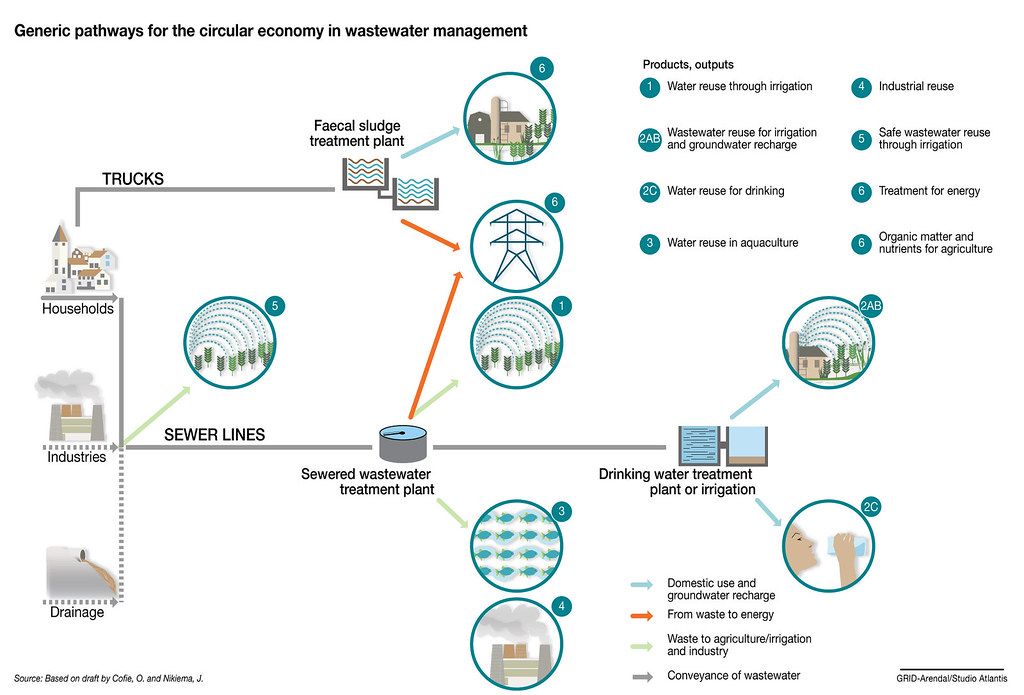As the world grapples with the challenges of environmental degradation and resource scarcity, adopting circular economy strategies has become crucial for sustainable development. One sector that is increasingly focusing on such strategies is the petrochemical industry. Petrochemical innovations are paving the way for a more circular and sustainable economy, enabling reduced waste, increased resource efficiency, and decreased environmental impact.
Recycling and Reusing Petrochemicals
Traditionally, the petrochemical industry has been associated with linear models, where resources are extracted, processed, and eventually discarded as waste. However, in recent years, there has been a paradigm shift towards circularity. Petrochemical companies are now investing in advanced technologies that enable the recycling and reusing of petrochemicals, reducing the dependency on virgin feedstocks.
One example is the development of innovative processes that allow for the conversion of plastic waste into high-quality feedstocks. This approach not only reduces the environmental burden of plastic waste but also helps conserve limited resources. By implementing efficient recycling and reusing mechanisms, petrochemical companies are playing a crucial role in closing the loop and minimizing the extraction of new raw materials.
Designing for Durability and Recyclability
The circular economy approach requires a fundamental redesign of products and packaging, considering their entire lifecycle. Petrochemical innovators are actively working towards developing materials that are not only durable but also easily recyclable. By incorporating design principles that promote recyclability, the industry is moving away from single-use plastics towards a more sustainable future.
Advanced research and development efforts in the petrochemical sector are focused on creating polymers and plastics that can be efficiently recycled or repurposed. For instance, developing chemical compounds that enable easier separation of different components in plastic waste and designing packaging that minimizes the presence of non-recyclable elements are key priorities. This shift in design philosophy ensures that materials can be effectively recycled, contributing to a circular economy.
Collaboration and Innovation
The adoption of circular economy strategies in the petrochemical industry relies heavily on collaboration and innovation. Petrochemical companies are partnering with research institutions, governments, and non-profit organizations to develop and implement innovative solutions. By pooling resources and expertise, they can address complex challenges and achieve breakthroughs in sustainable practices.
These partnerships often involve the development of new technologies, such as advanced sorting and recycling systems, that enhance the efficiency of recycling processes. Additionally, these collaborations help foster knowledge-sharing networks, enabling the spread of best practices and encouraging the adoption of circular economy strategies across the industry.
The Business Case for Circular Petrochemical Economy
Besides the environmental benefits, there is also a compelling business case for adopting circular economy strategies in the petrochemical industry. The shift towards a circular model allows companies to reduce their reliance on costly raw material extraction, thereby improving their long-term financial stability. Creating closed-loop systems can also generate additional revenue streams through the sale of recycled feedstocks and waste management services.
Moreover, circularity enhances brand reputation as companies actively contribute to sustainable development and showcase their commitment to addressing environmental challenges. Customers and investors are increasingly demanding responsible and sustainable practices, and petrochemical companies that embrace circularity gain a competitive advantage in the market.
Conclusion
Petrochemical innovations are driving circular economy strategies in the industry, revolutionizing the way resources are managed and contributing to a more sustainable future. Recycling and reusing petrochemicals, designing for recyclability, fostering collaboration, and recognizing the business benefits of circularity are key steps towards achieving a fully sustainable and circular petrochemical economy. As the industry continues to embrace these strategies, we can look forward to a world where petrochemicals play a vital role in environmental stewardship and sustainable development.





